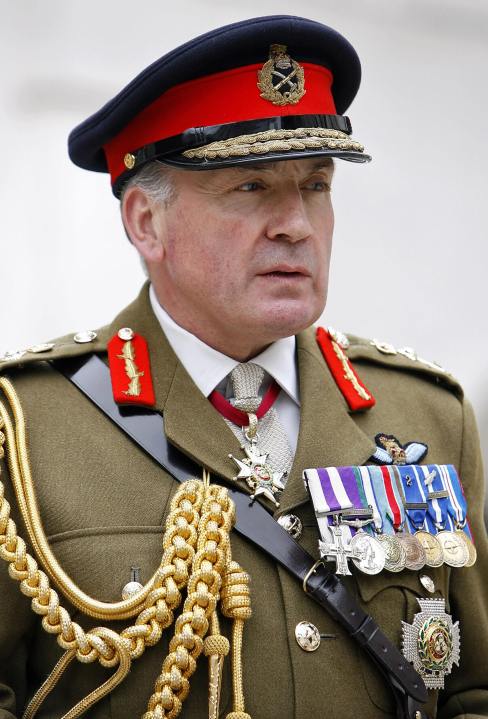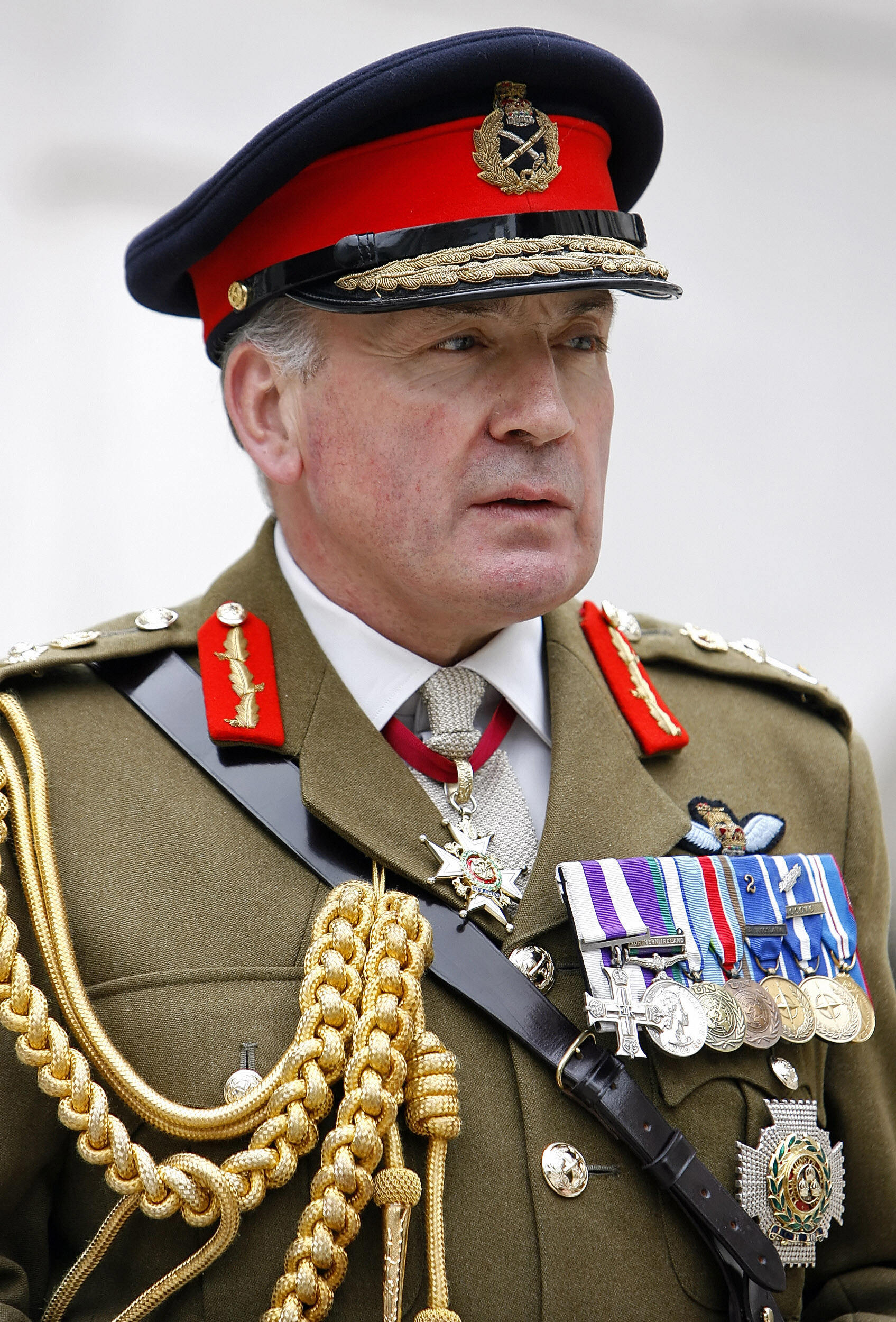 Recent wars have given rise to an unusual phenomenon in British civil-military
relations: frequent, and often high-profile interventions, by serving or recently retired senior military officers in public debates. The latest has been the intervention of Britain’s chief naval
officer, Admiral Sir Mark Stanhope, who questioned the Navy’s ability to sustain the Libya campaign.
Recent wars have given rise to an unusual phenomenon in British civil-military
relations: frequent, and often high-profile interventions, by serving or recently retired senior military officers in public debates. The latest has been the intervention of Britain’s chief naval
officer, Admiral Sir Mark Stanhope, who questioned the Navy’s ability to sustain the Libya campaign.
Different prime ministers have dealt with this kind of outspokenness in different ways. Tony Blair was too weak to rein in Army chief Sir General Richard Dannatt, while Gordon Brown did not have the credibility, vis-à-vis the military, to do so either. David Cameron is different. He is at the height of his powers and determined that he, not the military leadership, should exercise command. In this he is right, and the retired officers who can now be expected to come to Sir Mark’s aid — after the Prime Minister made clear in the Commons that the First Sea Lord had been summoned to No 10 to discuss his remarks — should think very carefully before they take to the airwaves.
The military’s functions are, pace Samuel Huntington, the greatest scholar of civil-military relations: 1) representation of the military profession within government, 2) advice on possible courses of action to government, and 3) execution of government policy regardless of whether they agree with the decision. The latter does preclude a prohibition of public dissent, but it does set narrow conditions for it. The gravity of the issue is key amongst these, as is the level of personal or corporate sacrifice required of the dissenter. Neither of these conditions can be said to have been fulfilled by Sir Mark.
In contrast, an example of an acceptable intervention was when US Army General (and now Veteran Secretary) Eric Shinseki testified in open session in Congress in February 2003 on operational planning for the Iraq War. Asked explicitly about the troop numbers he thought were required, he estimated several hundred thousand, whereas the Pentagon had been talking about one-hundred thousand. Given the venue and Congress’ authority, General Shinseki’s answer was an appropriate intervention — even if it went against Donald Rumsfeld’s assessment.
Since 9/11 a new class of warrior-politicians have emerged. They are probably the finest Britain has had for many years, having been tested in conflict in a way few post-WWII officers have. And they have been asked to do more with fewer resources than any of their predecessors, bar those who led and fought in World War II. But they also tend to think of themselves as better strategists than Cabinet ministers, they work the media for their own ends and believe it is right for them to intervene publicly on a range of foreign policy issues. Not long ago, for example, Chief of Defence Staff General Sir David Richards wrote an article in Foreign Affairs arguing that a “rapprochement between India and Pakistan — not least a resolution in Kashmir” was important for Afghanistan’s stabilisation. He is undoubtedly right, but is moving onto to territory normally left to the Foreign Secretary.
David Cameron was right to deal firmly with the First Sea Lord — and has hopefully set a high bar for future interventions by military officers. The government — and the public — need their counsel and advice, and need their honest assessments as well as a feel for who they are. But a balance needs to be struck so that the constitutional relationship between the military and the democratically-elected government is maintained.







Comments